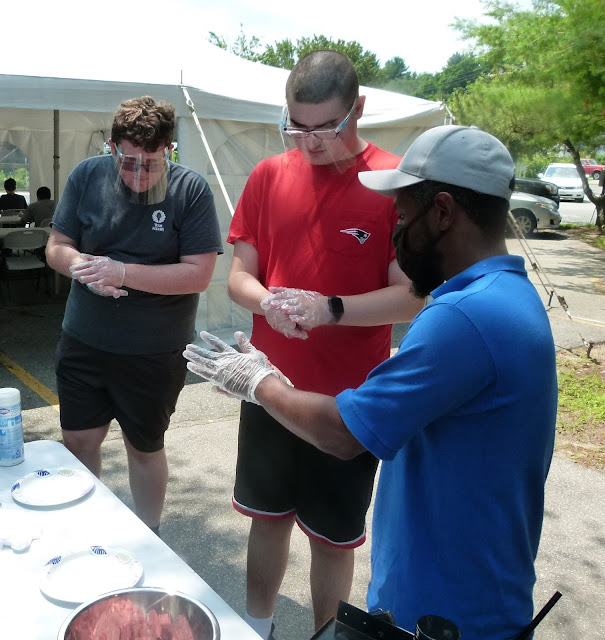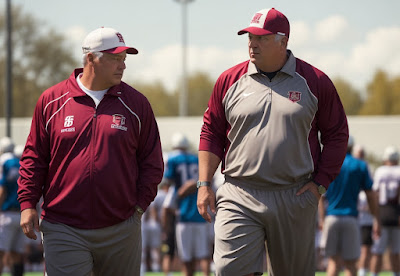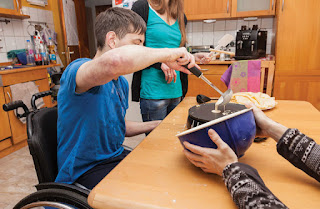How does the Youth Services Program help Young People?
Youth Services Programs are community-based programs that support young people to help them succeed in life. Such programs address the needs of youth from diverse backgrounds, including poverty, lunacy, academic failure, or involvement in lawless behavior. Youth programs come in many forms and have varying levels of effectiveness. But it is challenging to choose what is a good fit for a young person.
The Youth Services Program is an essential resource for youths who are facing difficulties in their daily lives. These programs support the youth in building their skillsets, boosting their confidence, and helping them achieve their goals. One of the fundamental ways the programs help young minds is by giving them work training and placement services. These can be a vital support for people struggling to get employed.
Moreover, the program offers to counsel on psychological health and educational background. It provides resources and guidance to help them navigate their challenges. Let's learn more about such programs.
Why is the Youth Services Program Important?
Such programs help to support young people by providing them with opportunities and resources. These programs provide educational support, help in career development, mentoring and role models, community building, etc. Monitoring at a younger level reduces the risk of future acts caused by any childhood trauma. Some youth face emotional hurdles while growing up, including abuse, homelessness, and criminal acts. According to research, most criminals are victims of untreated childhood trauma. So, youth services aim at treating such individuals with due care and support.
Overall, every individual should reach their full potential and succeed in life. Such programs are a mode to connect them with their communities and develop a sense of belonging. One such program is the NILP. NILP provides support for people of all disabilities and makes them socially equal. The vision is to help disabled individuals regain their independence through student transition and recovery programs.
Positive Youth Development
Positive youth development is a base that holds the pillars of healthy youth. It emphasizes building strengths rather than just addressing their problems. Evidence-based programs with clear goals and desired outcomes are likely to be effective in promoting positive youth development. Evaluating the results of such programs can help identify areas of improvement and the program’s effectiveness.
The story of Beth Thomas is a perfect example of an effective positive youth development program. Beth, a victim of abuse, experienced severe trauma and was diagnosed with reactive attachment disorder. Therapy and support helped her to overcome her trauma and learn how to manage her emotions and behavior. The program helped her build self-esteem and made her feel valued and connected.
Many institutions provide youth services to develop self-esteem and self-confidence in young people. The student transition and recovery programs will help you shape the insecurities of an individual right from their youth. Youth is the time to mend an individual to live their desired future. Youth development programs aim at fulfilling these rights of an individual. A disabled person also has the right to live up to their standard without feeling left out.
Youth Clubs at NILP
The youth club at NILP is a community-based group that provides young people with a safe and structured environment. It encourages the youth to participate in activities, socialize and develop essential life skills. Such clubs offer a variety of activities like arts, crafts, sports, drama, music, leadership development, etc. These activities help young people to develop their interests and talents, create positive relationships, build self-esteem, and feel attached to their peers.
A Young Men Club and a Young Women Club are gathered monthly at NILP. The clubs discussed self-care, outdoor safety, healthy relationships, bullying prevention, self-esteem-building, etc. The Youth Services also include Student transition and recovery programs. Young individuals between 14 to 22 years of age with a disability can join the clubs. The club provides peer support and mentoring through communication.
Conclusion
In conclusion, Youth services programs such as the Northeast Independent Living Program (NILP) have a crucial role in shaping the youth. Such programs support the youth by providing resources and education and help the individual to solve various challenges like psychological issues, poverty, unlawful behavior, etc. A few outstanding organizations, such as the youth club at NILP, produce a safe environment for the youths by providing opportunities that include participation in activities, social skills, and other necessary life skills.
Youth Services Programs are essential resources supporting young minds to reach their ultimate highs and succeed in life. Creating a positive impact on the future of young people and promoting healthy development is a vital roles of these youth clubs.



Comments
Post a Comment